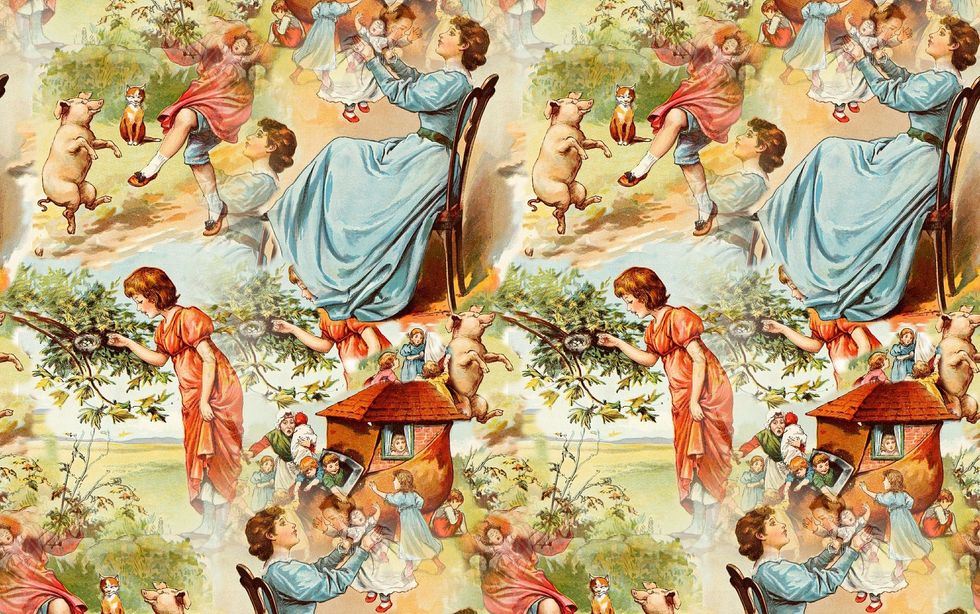Nursery rhymes have been around for centuries, as kids, we all sang them and as parents, we introduced them to our own kids. But, upon looking at nursery rhymes history, they have darker meanings to the fun nursery rhymes we all grew up with.
"Three Blind Mice," this nursery rhyme refers to the story of England's sociopath Queen Mary I, she earned her nickname Bloody Mary, she was a very violate queen, she burned 284 Protestants at the stake. The three blond mice are supposedly the Oxford Martyrs, three Anglican bishops. they refused to renounce their Protestant beliefs. They were executed by Mary for blindly following Protestant learnings rather than the Catholic ones.
"Mary, Mary, Quite Contrary," This is another homicidal story about Queen Mary, "Mary, Mary, Quite Contrary," refers to Mary's contrarian decisions to reverse her half-brother Edward VI, Protestant reign and restore Roman Catholicism to England. The line "How does your garden grow," is thought to be about the Protestant graveyards growing larger due to them being burned at the stake. Silver bells and cockle shells are more than likely torture devices. "Pretty maids all in a row," is either about the killing of Lady Jane Grey or the number of miscarriages she had.
"Baa, Baa Black Sheep," is the complaints fo King Edward's wool tax. The wool tax gave a third of the cost to the king, a third to the church and the rest of went to the farmer, which barely covered his expenses. "Here We Go Round The Mulberry Bush," according to historian R. S. Duncan, the former governor of England's Wakefield Prison. The song originated with the 420-year-old institution's female prisoners, who were exercising around a mulberry tree.
The final nursery rhyme that I am going to talk about is "Jack & Jill." Kimerson, a small village in England claims they have the "hill," that Jack and Jill went to fetch a pail of water. Supposedly, an unmarried couple went up the hill to have sex, will Jill falling by becoming pregnant.
Jack, likely the father of Jill's baby, "broke his crown," a rock hit him in his head and died. "And Jill came tumbling after," possibly depicts the theory that Jill died shortly after birth. If anyone visits the village today there is even a path running up the "hill". Several stones quoting the rhyme to commemorate the supposed lovers.
It definitely puts the rhymes in a whole different perspective. So next time you hear a nursery rhyme, take a moment and wonder what it actually means.


















